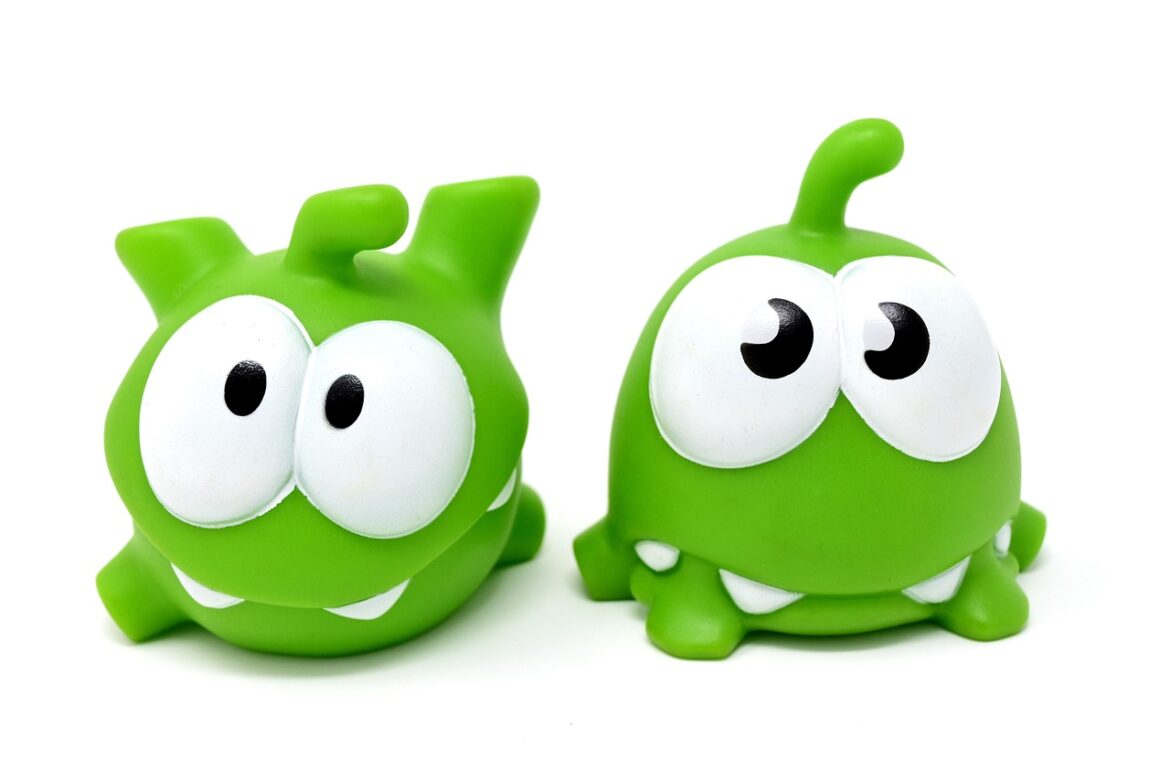Introduction to Mental Health Trends
Picture this: You’re navigating the ups and downs of life, and each day, you face challenges that weigh on your mind. The good news is that technology and innovative practices are here to support you. In the realm of mental health, 2025 is all about embracing digital tools, mindfulness, and personalized wellbeing. Let’s explore some of the top mental health products and trends you need to know about.
1. Digital Mental Wellness Apps
Imagine having a personal coach that helps you manage stress and build resilience. Apps like Calm, Insight Timer, and Simple Habit offer guided meditations and mindfulness exercises to reduce anxiety and improve sleep. These apps are designed to be intuitive and accessible, making it easy to incorporate mindfulness into your daily routine. Even busy lives can benefit from these bite-sized meditation sessions, helping to create lasting habits of mental wellness.
Real-world example: Sarah, a marketing executive, used Headspace to begin her day with a clear mind. She credited the app with helping her stay focused and calm under pressure. Some standout features of these apps include:
- Guided meditations tailored for stress relief and improved focus
- Sleep stories and relaxing music to enhance quality sleep
- Personalized recommendations based on progress and goals
2. Personalized Wellness through AI and Wearables
With the rise of AI-powered wearables like the Oura Ring and Fitbit, users can gain a deeper understanding of their physical and mental health. These devices track sleep patterns, stress levels, and even offer insights into emotional well-being. They assist in setting tailored wellness goals based on real-time data and user feedback.
Real-world example: Jason, a fitness enthusiast, used his Fitbit to monitor stress levels and adjust his workout routine accordingly. He found that tracking his daily activity helped him stay motivated and maintain a healthy balance between exercise and rest. Key features include:
- Sleep tracking to optimize rest and recovery
- Stress monitoring to respond to mental health needs effectively
- Personalized coaching based on health insights
3. Cognitive Behavioral Therapy (CBT) Apps
Apps such as Happify and Moodfit integrate CBT techniques to manage mood and build emotional resilience. Happify uses fun games and activities to promote positive thinking, while Moodfit helps track mood patterns and set tailored goals for mental wellness.
Real-world example: Rachel, struggling with social anxiety, found Happify’s interactive tools helped her develop coping strategies. She noted a significant reduction in anxiety symptoms after consistent use. These apps provide:
- CBT-based interventions to help manage negative thoughts and behaviors
- Engaging activities that make mental health practices enjoyable
- Customized insights for understanding mood patterns
4. Sound Therapy Apps
Apps like Soaak offer sound frequency therapy to help alleviate stress and improve focus. They use clinically proven sound programs designed to soothe the mind and enhance cognitive performance.
Real-world example: Alex, a student studying for exams, used sound therapy to concentrate better and reduce exam-related stress. He shared that the calming effects of sound therapy helped him stay focused longer. The benefits include:
- Clinically tested methods to ensure effectiveness
- Various sound options for different mental health needs
- Structured programs to guide daily use
5. MindShift for Anxiety Management
MindShift is specifically designed for managing anxiety, offering tools like thought journals and coping cards. It allows users to tailor the app to their specific type of anxiety, providing a personalized approach to mental health support.
Real-world example: Sofia, who experienced panic attacks, found solace in MindShift’s customizable anxiety management strategies. She noted that tracking her anxiety levels helped her detect triggers earlier. Key features of MindShift include:
- Customizable tools for different anxiety types
- Thought tracking to identify patterns and improve coping skills
- Community support through sharing experiences anonymously
Conclusion
The landscape of mental health support is evolving rapidly, offering a range of innovative tools to enhance our well-being. Whether you use an app to meditate, a wearable to track stress, or sound therapy to improve focus, there’s a product out there designed to support your journey toward better mental health. By embracing these trends, you can take the first step toward creating a healthier, happier life.
References:
- https://siddhameditate.com/blog/meditation/health-and-wellness-trends/
- https://www.accesscreative.ac.uk/blog/best-free-mental-health-apps-in-2025/
- https://www.frontiersin.org/articles/10.3389/fpubh.2025.1530256/full
- https://www.cnet.com/health/mental/best-mental-health-apps/
- https://www.harlemworldmagazine.com/top-health-and-wellness-trends-shaping-2025-for-a-healthier-future/
- https://www.pmi.com/resources/docs/default-source/pmi-sustainability/pmi-integrated-report-2024.pdf?sfvrsn=92e147c8_2
- https://www.rethink.org/news-and-stories/news-and-views/2025/rethink-mental-illness-calls-for-tariff-on-wellness-products-to-fund-mental-health-research/
- https://the-wellness-cloud.com/employee-wellbeing-in-2025-trends-timing-and-tactics-that-actually-work/



